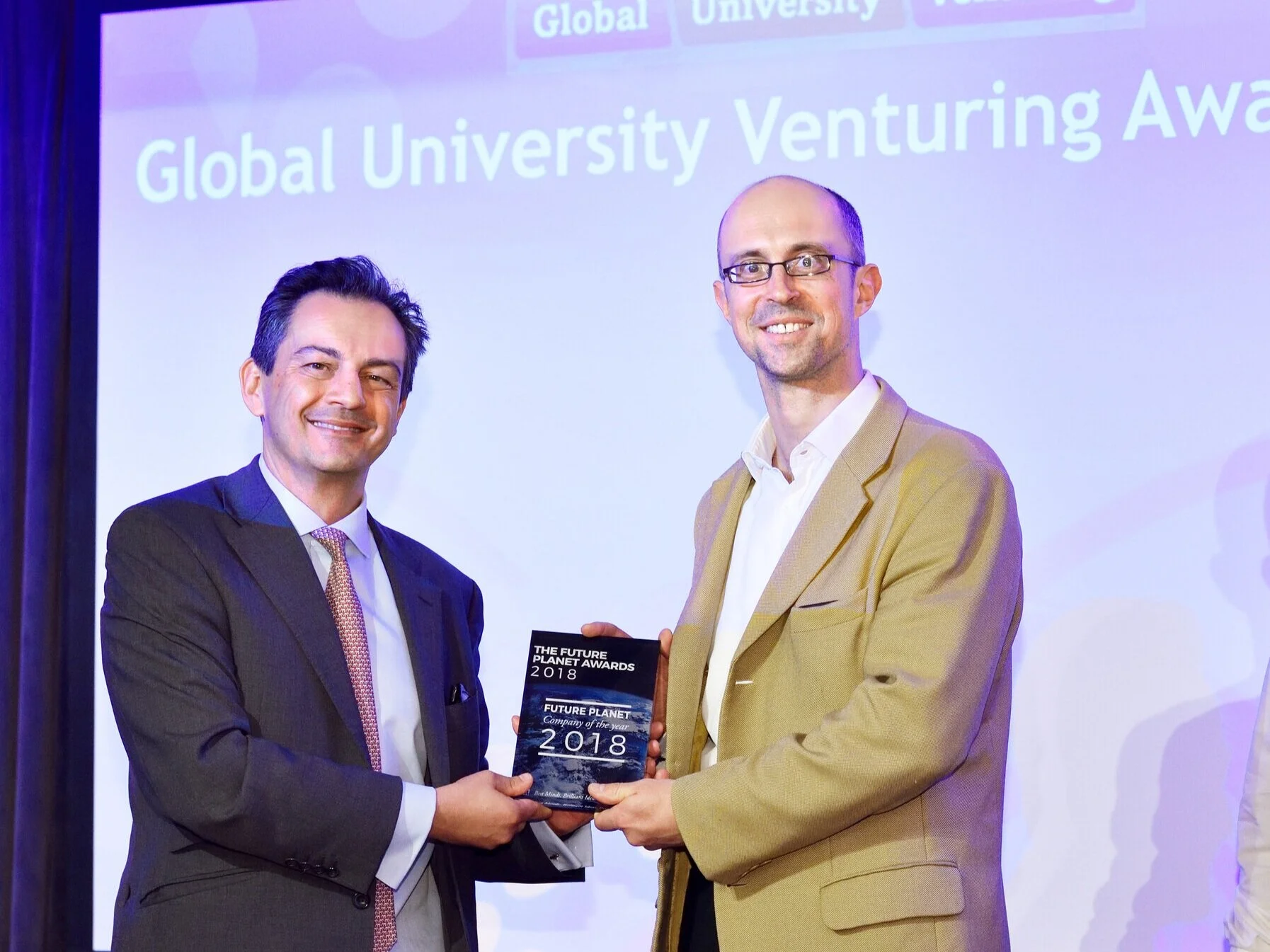Venture Capital Battles in the Fight Against Climate Change
Future Planet Capital were honoured to have been invited to #COP26 by His Royal Highness, Prince Charles, to support his work with #terracarta and the Sustainable Markets Initiative. There we showcased seven companies that were able to make a clear impact in facing down the challenge of climate change.
Where were the venture capitalists?
Sifted recently wrote that apart from ourselves and a small number of others the #venturecapital industry failed to make an appearance at COP26 and lamented that this key driver of innovation was noticeably absent. Aside from ourselves, General Atlantic were present and they announced a $4bn late-stage venture #climatechange fund. Few of Europe's top 40 sustainable venture groups made it to COP26. Does this reflect an industry failing?
What is the venture industry doing?
I say "No". In fact venture is already making considerable investments in climate change and is further aware of the wall of funding destined to follow from asset managers, corporates and governments. The industry is on the right track and as detailed in the forthcoming Lord Nat Wei's report "The Wei Forward" there are many practical paths for impactful investment to follow, be measured and be recognised.
In our own portfolio and pipeline we number nuclear fusion, sustainable fashion, circular supply chains, smart materials, smart cities and agritech companies as all capable of making an impact through improved energy usage, reduced emissions, circularity, fixing food and protecting the environment. There is a shortage of dealflow relative to demand but it cannot be said that venture is ignoring climate change or failing to make a difference. Instead it is performing a valuable purpose in ensuring that only the best, most practical, most impactful, companies get the majority of funding.
The Business and Sustainable Development Commission estimates that $45 trillion needs to be invested in addressing climate change by 2030. This money can be sourced from the $130 trillion that the Glasgow Finance Alliance for Net Zero (GFANZ) has pledged by 2050 but it needs to find routes for deployment.
The solution is in our hands...
And it is here that Venture can be helped by all those governments, corporates and indeed activists who attended COP. Through a series of nudges more funding can be released and rushed to innovative technologies targeted to beat climate change.
One of the most effective actions available to governments would be to free occupational pensions to invest more in venture. In the UK alone over $1 trillion is managed by local government pensions but their allocation to venture is minimal. This needs to change but in a highly conservative industry this needs encouragement from government. For corporates, similar nudges are required. At all annual general meetings shareholders who talk of engagement must insist on an #ESG policy and one which explicitly targets #netzero. A great example of leadership comes from Arcelik Global and its CEO, Hakan Bulgurlu. Awarded a Terra Carta award for their vision this top 3 manufacturer of air-conditioners and white goods has pledged to be fully carbon neutral within a decade.
And, in the final analysis, it is activists and individual consumers who will make the biggest difference. As voters, activists at shareholder meetings, as employees or through purchasing decisions, individuals in their millions can influence the largest governments and corporations.
So, "Yes", venture is making a difference to investing in impact and innovation but, individuals, all of us, are able to influence, lead and accelerate everything the industry does.
By Douglas Hansen-Luke, Executive Chairman

